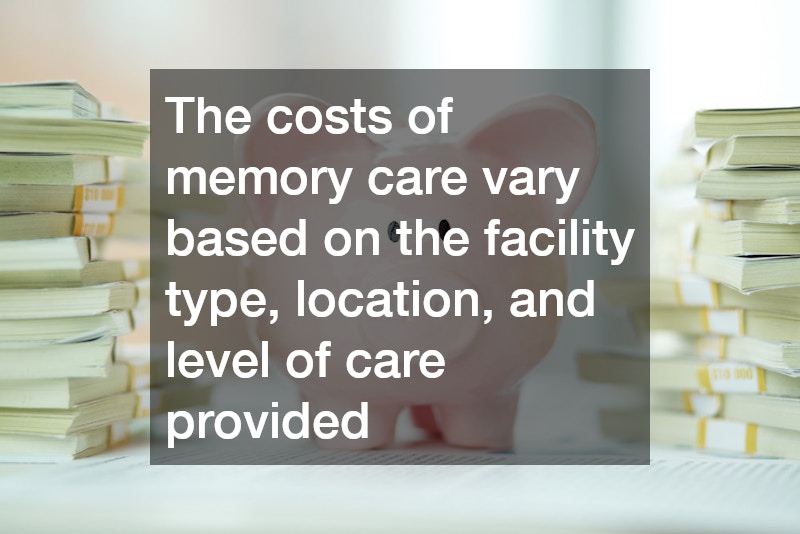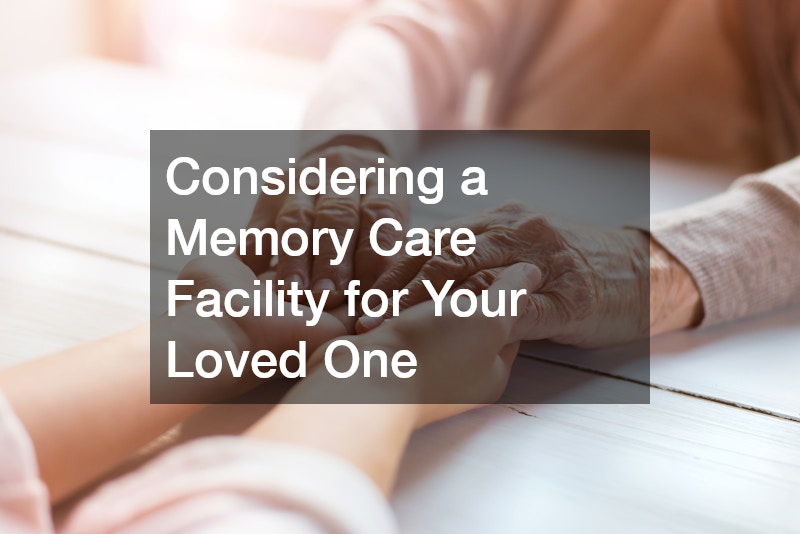In this article, we explore the critical considerations required when deciding if a memory care facility is the right choice for your loved one. By examining the key factors and frequently asked questions, we aim to guide you through this important decision.
1. Understanding Memory Care
Memory care facilities offer specialized support for individuals suffering from memory impairment conditions like Alzheimer’s and dementia. They provide a safe and structured environment with trained staff, tailored activities, and therapies designed to enhance cognitive function.
These facilities are equipped with security measures to prevent wandering and ensure the safety of residents. Memory care programs not only focus on health but also on quality of life, offering engaging activities to promote socialization.
The care provided is personalized based on the unique needs of each resident, with an emphasis on creating a familiar and comforting routine. Memory care helps reduce the burden on families by offering professional care and support services.
2. Types of Memory Care Facilities
There are several types of memory care facilities, including standalone facilities and dedicated wings within assisted living communities. This diversity allows families to choose the best environment suited to their loved one’s needs and preferences.
Standalone memory care facilities often offer more specialized and intensive care tailored to those with advanced memory impairments. On the other hand, memory care units within larger communities can provide a more integrated experience with access to additional amenities.
The choice of facility type often depends on factors such as the severity of memory issues, the versatility of care required, and the importance placed on social interaction. Families should consider what setting will make their loved one most comfortable and fulfilled.
3. Identifying Signs and Symptoms
It may be time to consider memory care if you notice significant memory loss, confusion, or changes in behavior in your loved one. Other signs include difficulty with daily tasks, wandering, or increased anxiety and agitation.
It’s crucial to monitor the progression of these symptoms as memory care can play a vital role in enhancing quality of life when early signs are addressed promptly. Consult healthcare providers for a professional assessment and guidance on the best course of action.
While occasional forgetfulness is normal with aging, consistent and disruptive episodes can signify a more serious underlying condition. Early intervention and a structured environment can slow down the progression and provide meaningful engagement.
4. Evaluating Current Care Needs
Assessing the current caregiving situation helps determine if it’s meeting the needs of your loved one. Look for signs that indicate an overwhelmed caregiver, such as stress or health deterioration.
Your loved one might require specialized care that goes beyond what family members can provide at home, especially if there are mobility or medical issues. A memory care facility can provide consistent and expert care around the clock.
Evaluating the adequacy of current care includes considering the emotional and social needs of the individual. Memory care environments offer structured activities and peer interaction that might be lacking at home.
5. Factors to Consider
When choosing a memory care facility, consider the location, as proximity to family can be crucial for frequent visits and support. Evaluate facilities based on the services offered, ensuring they meet medical and personal care needs.
The qualifications and experience of the staff are vital considerations. Look for trained personnel familiar with best practices in memory care and who demonstrate empathy and patience.
Facility amenities, such as therapeutic activities and tailored programs, can greatly enhance a resident’s experience. The environment should be welcoming, secure, and conducive to the well-being of its residents.
6. Touring and Assessing Facilities
Arranging tours of prospective memory care facilities allows you to see firsthand the environment and day-to-day operations. Engage with staff and observe interactions to gauge the level of care and attentiveness provided.
During tours, ask about staff-to-resident ratios to ensure personalized attention is available. Enquire about safety features, meal plans, and any additional health services offered.
It’s beneficial to ask for feedback from current residents’ families regarding their experiences. This information can provide insight into the facility’s strengths and reputation.
7. Understanding the Costs Involved

The costs of memory care vary based on the facility type, location, and level of care provided. Typically, expenses include accommodation, meals, health services, and personalized programs.
Memory care can be more costly than standard assisted living due to specialized staffing and security measures. It’s important to review what services are included in the cost and if any additional fees apply.
Families should carefully assess their financial situation and explore if their insurance or other financial resources can help with costs. Knowing the full financial commitment helps in planning for the future.
Deciding on a memory care facility is a significant step that requires careful thought and planning. By considering the needs of your loved one and thoroughly researching available options, you can make a well-informed decision that ensures the best possible care and quality of life.
